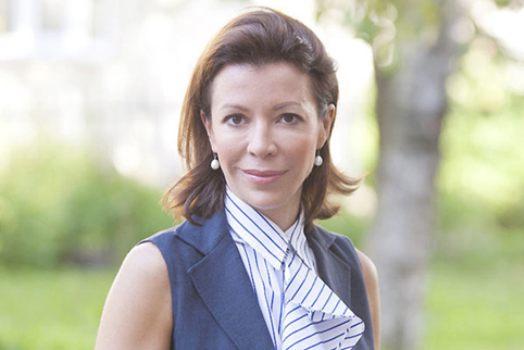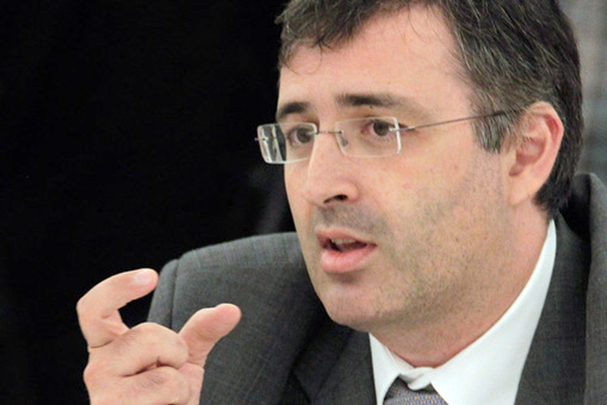The law requiring all Non-Governmental Organizations (NGOs) that receive foreign financing to be registered as “Foreign Agents” was adopted in Russia in the summer of 2012, but it came fully into effect this spring. Starting from February 2013, the prosecutor’s office checked and harassed about a thousand Russian NGOs.
This activity caused a heated discussion in the community, which reached its peak last week.
Here is the quote from the open letter to Russian government, signed by the group of the most prominent Russian writers, actors and other celebrities:
“Massive prosecutorial checks of non-profit organizations take place today in our country. These checks are violating the Russian law to an incredible degree. All this actions looks like a large-scale campaign which is aimed to present to the public the activities of NGOs receiving foreign funding as political activity.
“What Russian NGO do in reality is known to all who are interested in the subject: they are struggling to preserve our nature, to save our cultural values, not to let our children die of curable diseases, not to let victims of Stalinist terror remain anonymous, to help Russian people with disabilities live normal lives and be full members of society, to make Russian laws to be respectable in their entirety, and even to prevent husbands from beating their wives and parents from deserting their children.
“The vast majority of the NGO workers are ascetics, and the application to them of the term ‘foreign agent’, which implies that they act under the supervision and in the interest of foreign sponsors, is unfair and dishonest.”
Official propaganda presents entirely opposite point of view. One of the most popular guests on Russian state TV is Veronica Krasheninnikova, an avid supporters of the anti-NGO law. She is the head of the Institute for Foreign Policy Studies and Initiatives. In the past she worked in the United States as a representative of St. Petersburg.

In an interview with the popular web site “Lenta.ru” Krasheninnikova explained why in her opinion the adopted law is not enough and it is necessary to ban funding of any Russian organizations by the United States of America:
“I know with absolute certainty that American foundations give money only for political activities. They never give money for other purposes, because Americans never engage in charity… I would like to believe in something good coming from the U.S., but it doesn’t exist. I know too well what they are doing … Russia does not obey them completely, and they never tolerate an independent state, they just cannot do it… It’s a duty of Russian government to defend sovereignty of their citizens, so we must put an end to foreign influence, which the U.S. is trying to impose on Russia.”
According to polls by the Levada Center conducted in April, 39% of the Russian population knows about regulations of NGOs. Only 19% of those surveyed approve of the activity of NGOs. 18% said that they do more harm than good.
62% of respondents believe that the Western countries through their funded NGOs are trying to impact internal Russian politics and oppose the Russian state. Only 8% believe that the West’s goal is to support Russian civil society.
56% of the respondents would deny organizations involved in protection of rights and criticism of the government the right to receive funds from overseas. 20% believe the opposite. About the same ratio support and opposes severe sanctions on NGOs who do not wish to register as “foreign agents”; 53% versus 20%.
Ironically the Levada Center, the organizers of the poll, the only Russian large sociological organization independent from Government, was also accused this month by Prosecutor’s office of unregistered activities as a “foreign agent”. Lev Gudkov, head of the center did not rule out the possibility of closing the center.
Gudkov does not agree with the statement that his organization conducts political activities. “Research of politics is not the politics, as the treatment of the disease is not a disease” he stressed.
Last week one of the most influential economists of Russia Sergei Guriev, the rector of the New Economic School, fled the country. When Medvedev was president from 2008 to 2012, Guriev was an informal government adviser and was seen as a key figure encouraging Westerners to invest in Russia.
Guriev sat on numerous governmental advisory bodies and served on the boards of many state companies. When President Obama visited Moscow in 2009, he chose Mr. Guriev’s university as the site for his speech.

As a member of the official expert committee on the Khodorkovsky trial, established by then President Medvedev, Guriev as all the over members of the committee found the verdict against Khodorkovsky groundless.
Now Prosecutor’s office is investigating Guriev’s activities, accusing him of receiving foreign money for defending Khodorkovsky.
Here is their detail coverage of the event by New York Times.
Sergei Guriev, talented, bright, successful, never participating in oppositional political activity and at the same time spiritually independent, was one of the role models for young intellectuals. His flight from Russia is considered by many to be a turning point in Russian history. The new wave of emigration of the young is expected.
It is very difficult to find reliable information about recent emigration from Russia.
Here is how BBC described the situation this April: “More than 2.5 million people have left Russia during the past decade, sparking fears of a new brain-drain.
A third of Russia’s young professionals are thinking of leaving the country, according to the Russian market research company ROMIR.”
If independent statistical activity will be banned in Russia as an activity of “Foreign Agents”, we’ll never know how this figure changes in the future.

